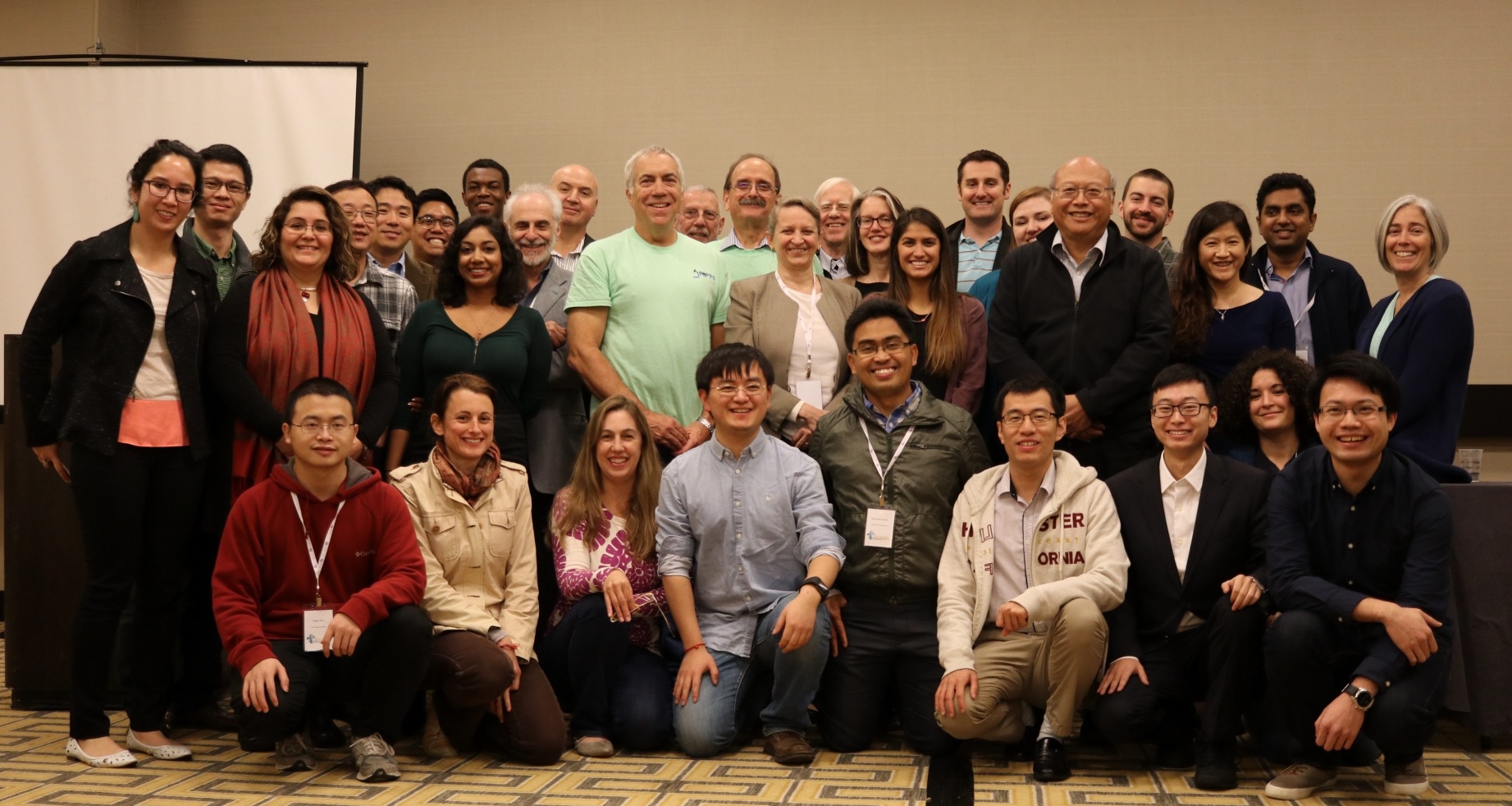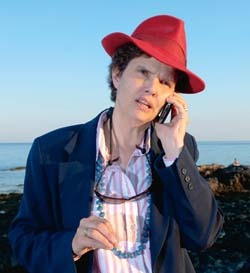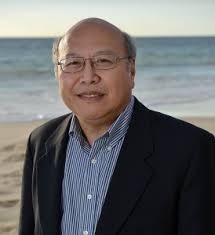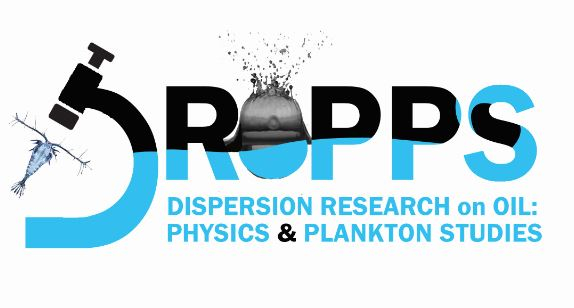DROPPS is comprised of a team of bright and topically diverse researchers from around the globe. Click on the names in the left side panel to see their biographical sketches.

External Advisory Committee
In addition to our core group, DROPPS also receives advice and support from an external advisory committee consisting of scientists, engineers and oil company representatives. The use of an external advisory committee ensures that we are making the best use of our resources, addressing the most important questions and blending the knowledge of scientists from different fields that are working together to provide the practical and basic knowledge of how oil affects the marine environment. This will help guide natural resource managers and policy makers when oil spills occur in the future. Their expertise and counsel will be of great value to help guide the interdisciplinary research of our consortium.
Vijay John
B.Tech., The Indian Institute of Technology, Madras, 1976
M.S., Pennsylvania State University, 1978
D.Eng.Sc., Columbia University, 1982
Dr. Vijay John works in the highly interdisciplinary areas of amphiphile self-assembly, and the development of nanostructured materials. The self-organization of amphiphilic molecules (such as biological lipids and synthetic surfactants) is essential in a range of technologies from drug and vaccine delivery to oil spill remediation. He works from fundamental concepts of self-assembly to translation to the development of new products and processes.
Robyn N. Conmy, Ph.D.
Research Ecologist
USEPA/NRMRL/LRPCD
Dr. Robyn Conmy received her bachelor’s degree from Coastal Carolina University in 1996 (marine science; chemistry minor). Her master’s (1999) and doctoral (2008) degrees were earned from the University of South Florida, College of Marine Science (chemical oceanography tract) where she was named as a NASA Earth Systems Science and a US Geological Survey Cooperative Agreement fellow. Her research was dedicated to ocean optics, radiochemistry and organic carbon cycling in marine, riverine and groundwater environments, with more than 35 weeks spent at sea. She held a postdoctoral position at the US EPA Office of Research and Development (ORD) Gulf Ecology Division investigating the optical signals of organic material from field sensors and satellites in Gulf of Mexico estuaries. Currently she is a researcher at the US EPA ORD National Risk Management Research Laboratory. She is a Project and Task Lead in the Sustainable and Healthy Communities Program (SHC) 3.62 Environmental Releases of Oils and Fuels, leading the ORD Oil Research Program. Her current research interests are oil dispersion, oil fingerprinting, advancing spill response detection tools, photo- and bio-degradation of oil in aquatic environments, and injury assessment.
She serves as vice-chair and EPA voting representative on the congressionally-mandated Interagency Coordinating Committee for Oil Pollution Research (ICCOPR) for federal agencies. Dr. Conmy participated in the Deepwater Horizon oil spill, providing technical expertise on response vessels, at Unified Command, and on the Federal Joint Analysis Group. Dr. Conmy has served as deposition witness for the Deepwater Horizon trial. She was also part of the Scientific Support Coordination Group for the Enbridge Oil Spill. Dr. Conmy has published extensively in the field of chemical oceanography including two book chapters. Her research papers have been cited in decision-rules for the 40 CFR. She has presented nationally and internationally and serves as reviewer for numerous journals. She serves on the Coastal Response Research Center (CRRC) and the GoMRI DROPPS advisory boards, conference planning committees, proposal review panels, API dispersant and shoreline cleanup technical working groups, National Response Team S&T committee and numerous graduate student committees. She has served as PI or Co-I on federal awards from ONR, NASA, NOAA, BSEE and USGS.
Nancy E. Kinner, Ph.D.
Scholarly Coach, Writing Academy
Professor, Department of Civil Engineering
UNH Director, Coastal Response Research Center
Dr. Nancy Kinner is a professor of civil and environmental engineering at the University of New Hampshire. She has been UNH director of the Coastal Response Research Center, a partnership between UNH and the National Oceanic and Atmospheric Administration (NOAA), and director of the Center for Spills and Environmental Hazards since 2004. The centers (www.crrc.unh.edu) bring together the resources of a research-oriented university and the field expertise of NOAA’s Office of Response and Restoration to conduct and oversee basic and applied research, conduct outreach, and encourage strategic partnerships in spill response, assessment and restoration.
Kinner's research explores the role of bacteria and protists in the biodegradation of petroleum compounds and chlorinated solvents. She teaches courses on environmental microbiology, marine pollution and control, the fundamentals of environmental engineering, and environmental sampling and analysis.
Kinner received an A.B. from Cornell University in biology (ecology and systematics) in 1976 and an M.S. and Ph.D. in civil engineering from the University of New Hampshire, where she joined the faculty in 1983. She has conducted funded research projects for agencies and research organizations including USEPA, NSF, AWWARF, CICEET and the NH Department of Environmental Services.
Kenneth Lee 
Director of the Oceans and Atmosphere Flagship, Dr Kenneth Lee, oversees multidisciplinary research to ensure environmentally sound use of Australia's marine and atmospheric resources.
Dr Lee has over 35 years experience working in the field of aquatic science and is the author of more than 350 academic and technical publications.
Dr Lee has coordinated and led major international collaborative research programs involving deferral government agencies, academia, industry and the public, which have supported the development and revision of national policies and regulations and set international standards for the protection of the marine environment.


